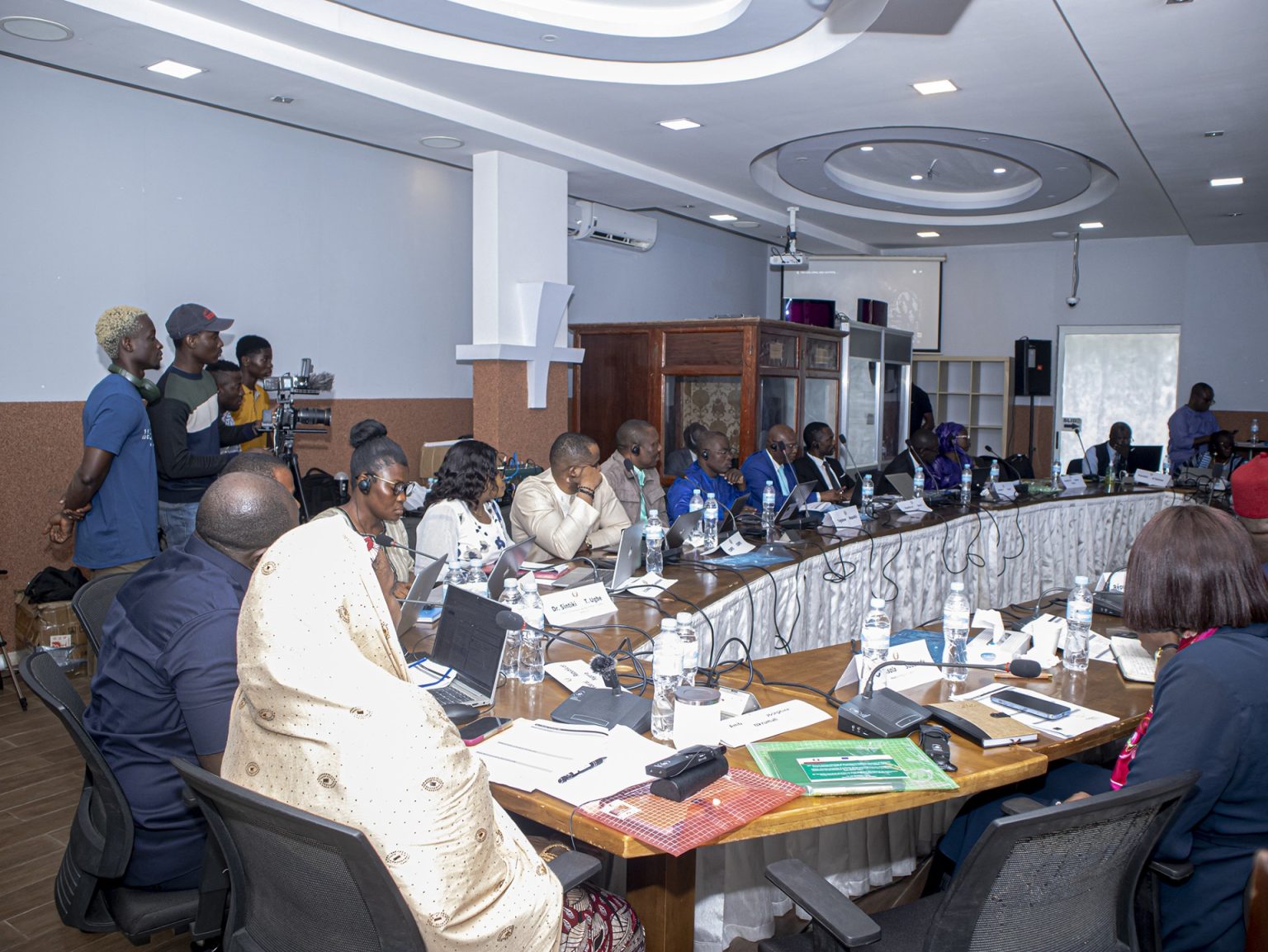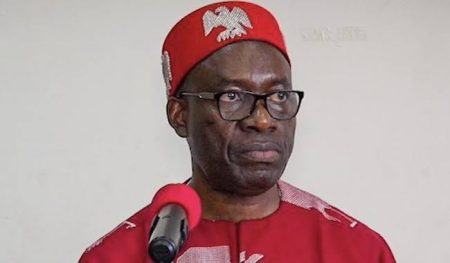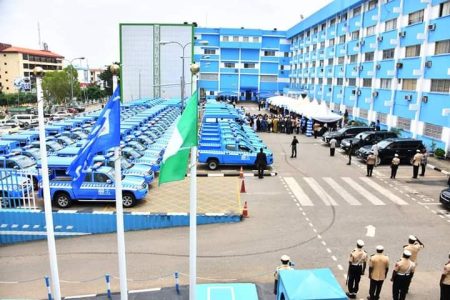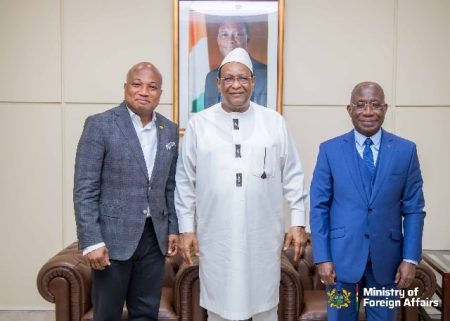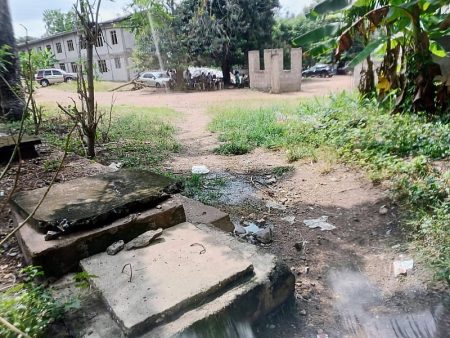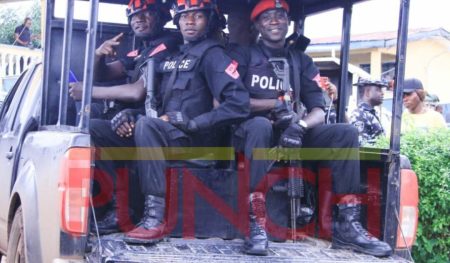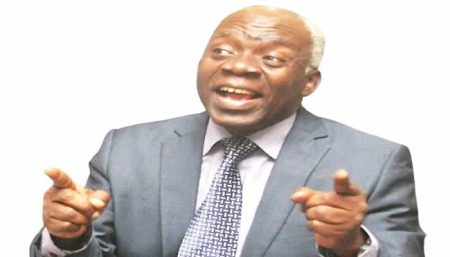The Economic Community of West African States (ECOWAS) has intensified its commitment to combating human trafficking in the region, as articulated during the 16th Annual Review Meeting of the ECOWAS Regional Network of National Focal Institutions Against Trafficking in Persons Plus (RNNI-TIP+). Held in Monrovia on October 24, 2024, the meeting emphasized the need for collaborative efforts among member states to combat trafficking in persons (TIP) and related crimes. The directors and representatives from various member nations articulated the necessity of enhancing the institutional capacities of member states and fostering stronger partnerships among national focal points. This encompasses the recognition that human trafficking is interconnected with other criminal offenses and requires a multi-faceted approach for effective resolutions.
The meeting highlighted the importance of communication and sharing experiences among member states to identify existing gaps in the fight against human trafficking. Dr. Sintiki Tarfa Ugbe, represented by Mr. Olatunde Olayemi, underlined the significance of the gathering in tracking and assessing the collective efforts of member countries. Moreover, various dignitaries, such as Liberia’s Deputy Minister of Labor, Hon. Steve Kolubah, emphasized the importance of strategic initiatives, such as awareness campaigns and international partnerships, in their ongoing battle against trafficking. This was echoed by H.E. Josephine Nkrumah, who stressed the need for a comprehensive societal approach to bolster anti-trafficking efforts.
As the three-day meeting progressed, notable presentations were made by member states outlining their implementation of the 2023 TIP priorities alongside the ECOWAS TIP 2018-2028 Plan of Action. Despite numerous challenges, the presentations showcased progress made, with several recommendations put forth aimed at enhancing coordination and efficiency in combating TIP+. Emphasis was laid on the necessity for stronger cross-border referrals and the enhancement of the capacities of National Task Forces and National Focal Points responsible for the execution of national action plans. The meeting called for an inter-ministerial gathering to elevate collaboration on regional anti-trafficking efforts.
Another key outcome of the meeting was the validation of a Model National Task Force Guidelines, which will play a crucial role in standardizing approaches to tackling TIP. Additionally, the Regional TIP and Related Criminal Offences Strategy was updated, reflecting a strategic move forward from its previous iteration. Participants also sought clarification regarding the ECOWAS Fund for Support to Victims of Trafficking in Persons, which aims to financially bolster ongoing support initiatives for victims across the region, with hopes of diversifying funding sources by attracting private sector contributions.
The ECOWAS Fund is set to provide approximately $35,000 to twelve member states, which will support them in enhancing their national victim support efforts. This initiative aims to motivate member states to develop or strengthen their own trust funds dedicated to supporting victims of trafficking. The integration of civil society and private-sector contributions into these initiatives is expected to yield significant benefits and better support networks for victims.
Overall, the meeting served as a crucial platform for reinforcing the collective resolve against human trafficking. It underscored both the impact of regional cooperation and the necessity for a unified response to combat trafficking challenges effectively. The ongoing dialogue and collaboration among ECOWAS member states symbolize a proactive approach to eradicating human trafficking, ensuring that they continue to innovate and strengthen their frameworks in the face of this persistent and complex issue.





